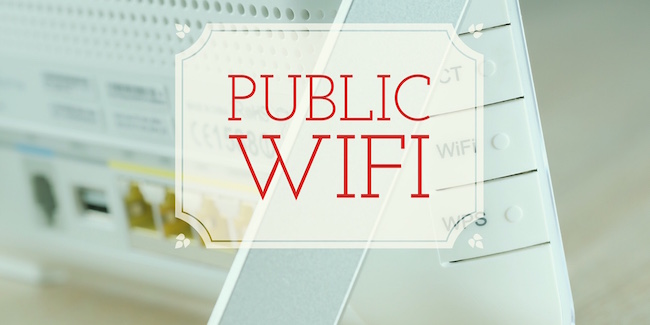Cybersecurity is a major concern. If organizations like the the U.S. Department of Justice and Snapchat can have security breaches then what’s to stop an attack against you?
In most cases, you are are safe if you follow security practices like using anti-virus software, being aware of the risks that scammers pose, and staying on your own secure server.
However, what do you do when you have to travel? There’s a good chance that you’ll have to rely on public W-Fi, and as you will see, that’s not exactly a great idea.
Table of Contents
Toggle1. Man-in-the-middle
One of the most common types of Wi-Fi security threats are man-in-the-middle (MitM or MiM) attacks. This is where hackers intercepts data through techniques like eavesdropping. Here attackers will intercept and relay messages between two different parties. This makes it appear as though everything is normal, but in reality, the attacker is controlling the entire communication.
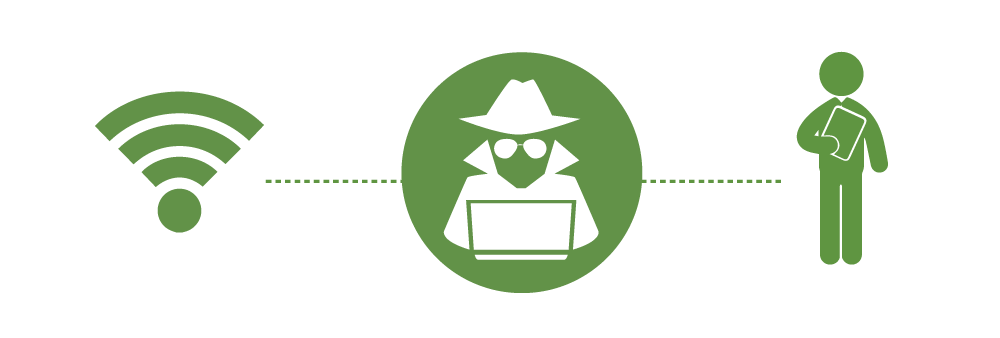
For instance, during a MitM attack, when you login into your bank account that information is actually being sent to the attacker, as opposed to your banking institution.
If your screen is jumping around sometimes this is a clue. If your computer is doing things it normally doesn’t — check it out before proceeding.
2. Attack of the clones

Another common trick for hackers is to divert your internet traffic to a cloned site. This is known as DNS spoofing and can easily trick users into logging into a seeming legit site. Without being aware, you’ve just willingly handed over your login information to an attacker.
3. One password to rule them, rule
It’s pretty common for us to use the same email address for all of online needs. This creates a problem because a hacker simply has to steal your email address and password whenever you sign in on a public WiFi network.
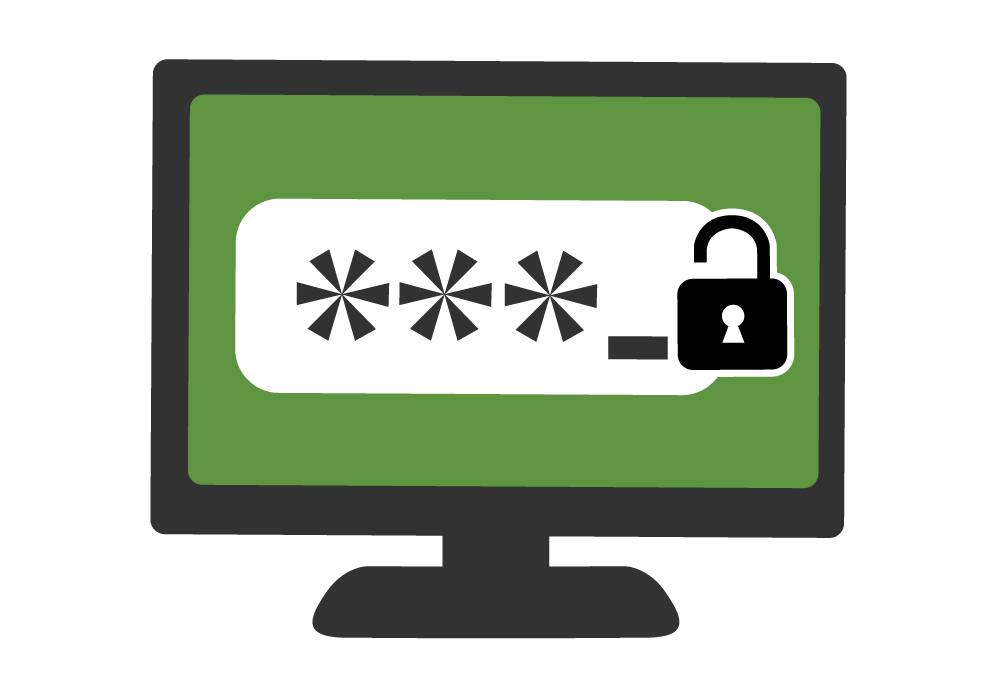
With that info they can request lost passwords from the websites you visit, which in turn will now be sent to the inbox that is in the hands of the hacker. Some hackers merely use a type of Bcc to themselves — until something wonderful comes down your pipeline that is useful to them.
4. Other users may be infected

Let’s say that you’re doing some work at your local coffee shop, but another patron doesn’t have any type of malware protection. They just put your device in danger through something called worms. This is basically when a virus jumps from one device to another. Worse than a cold.
5. Criminal activity
Another hacker trick is the ability to change specific words or pictures on a website. That may not seem like that big of a deal, just a minor inconvenience, but as Wouter Slotboom, an “ethical hacker” explained to Medium, this means that a nefarious individual could do something like load child pornography onto your smartphone. Needless to say, that’s a serious crime.
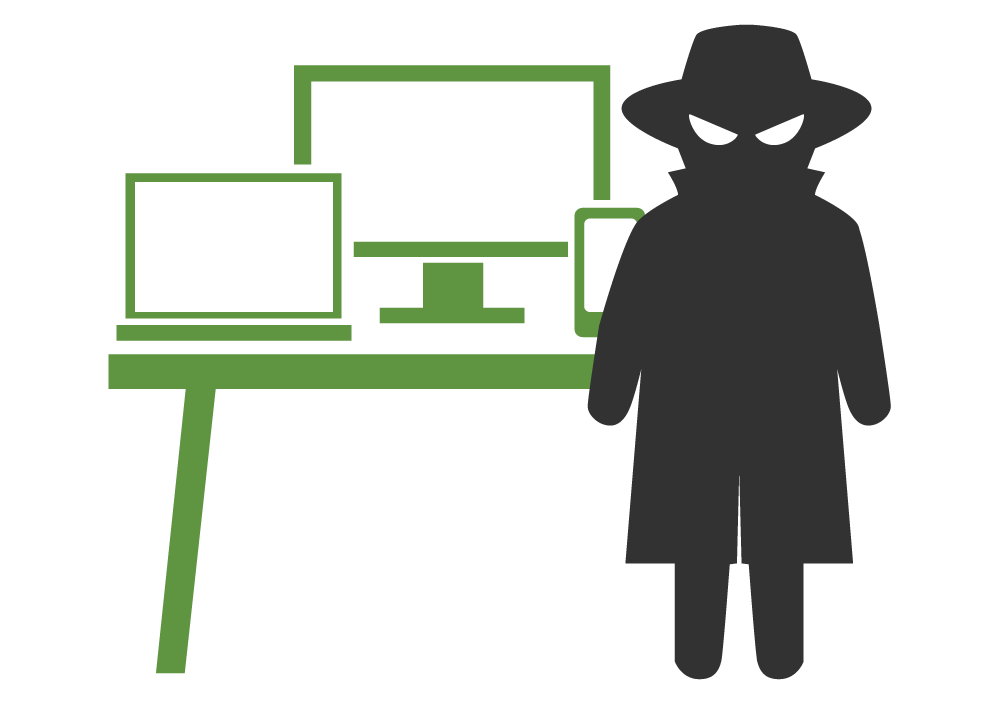
6. Rogue Wi-Fi networks
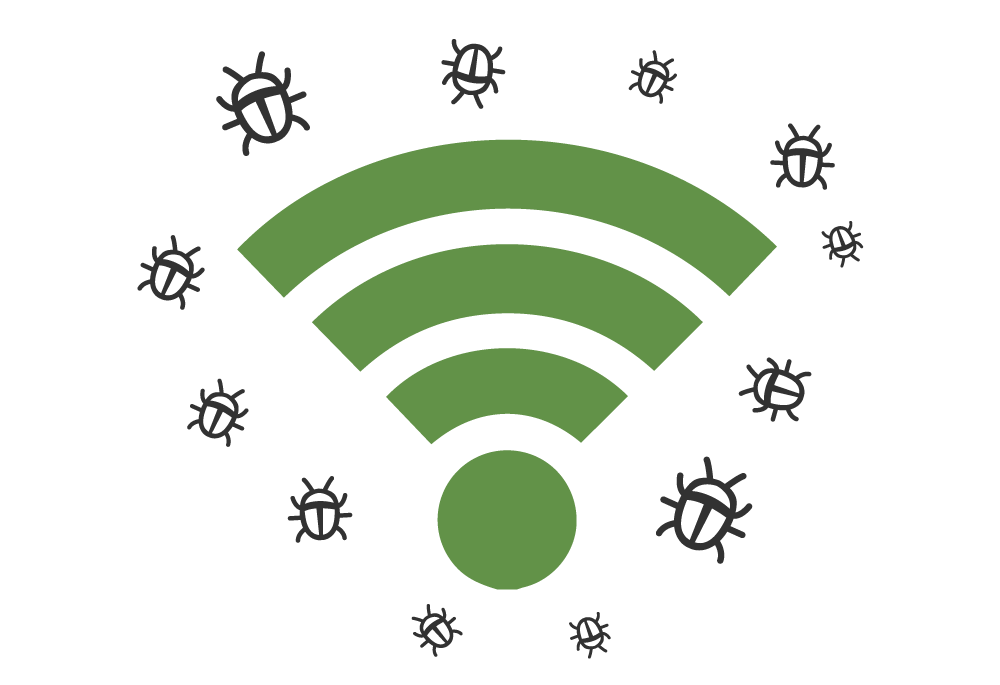
When you connect to a WiFi connection that is listed as, “Free Public WiFi” in places like a park or airport, hackers are waiting to gain unauthorized access to your information because these networks look legit. When you login into these fake networks, hackers now have access to your sensitive data.
7. Rogue access points
Rogue access points are just access points installed on a preexisting network. These are frequently found with wireless routers where a well-meaning employee installs a router in order for customers to access to the Wi-Fi network.
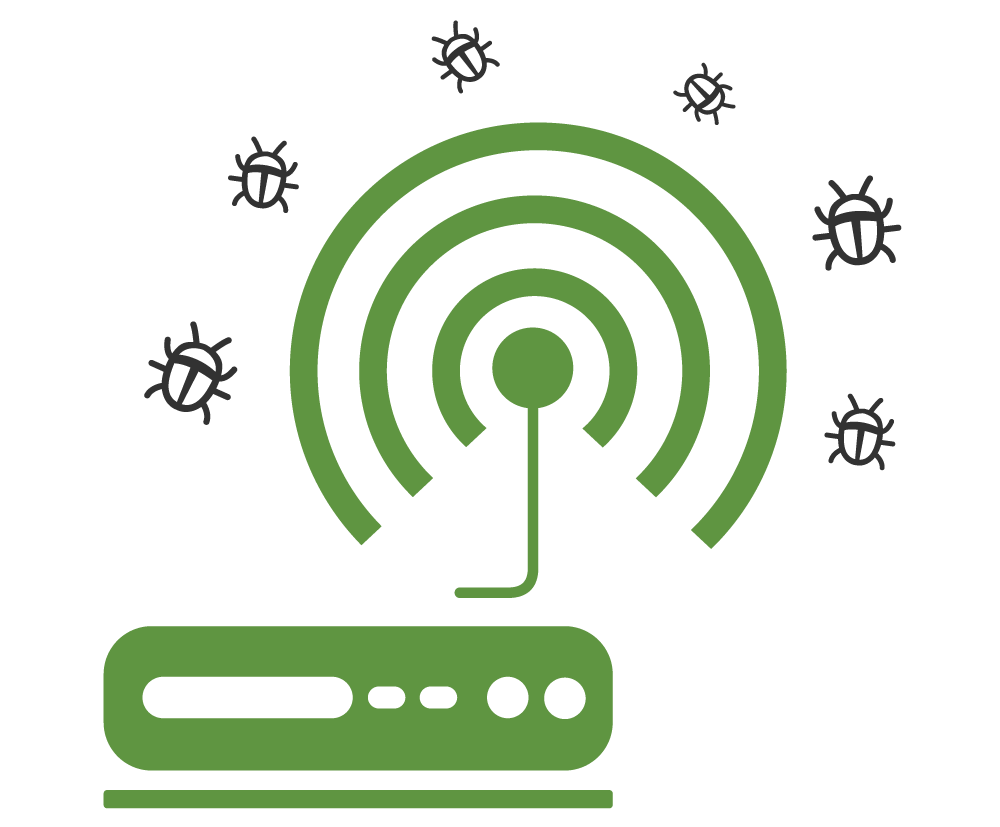
Unfortunately, most of these networks aren’t configured properly because they aren’t encrypted, for example. This makes it pretty easy for hackers to break into.
8. Endpoint attacks
Endpoints were commonly a “device or node that is connected to the LAN or WAN and accepts communications back and forth across the network,” such as modem or switch.
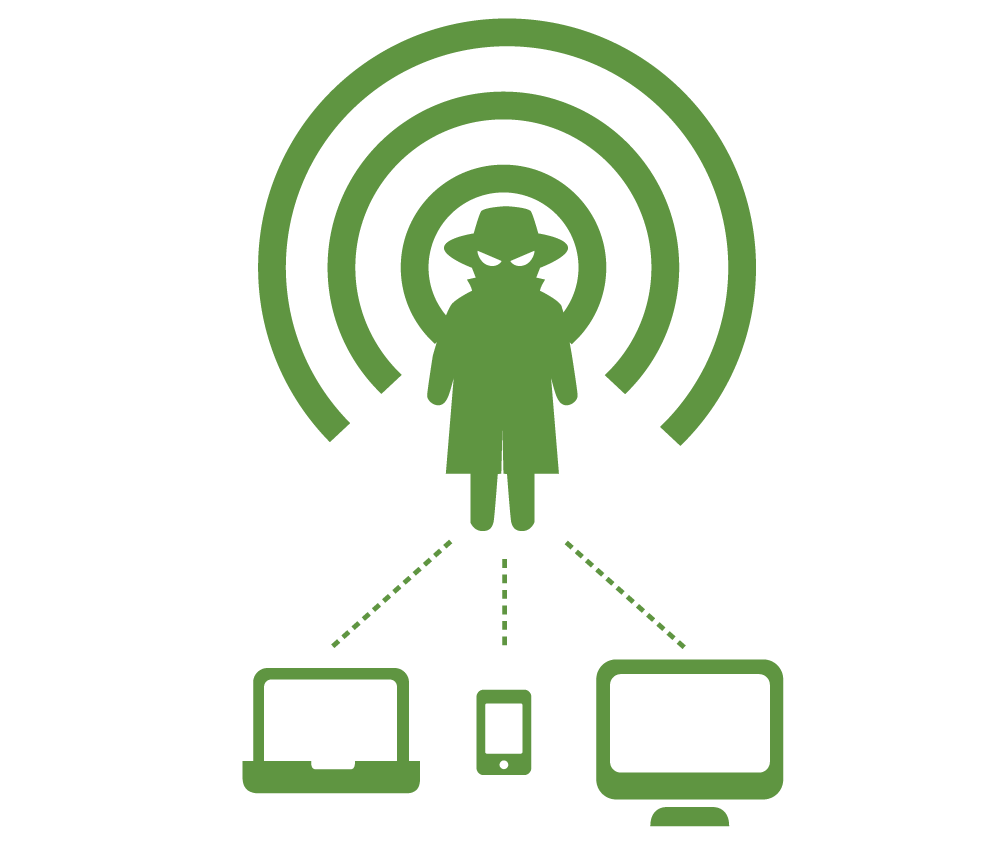
More recently, “endpoint is used most commonly in network security and end user mobility circles to mean any device outside the corporate firewall.” So, when you go outside of your firewall, hackers can build fake websites or landing pages, which allows them access to the entire network.
9. Shoulder surfing
Hackers can even go old school with their attacks. They just set-up shop somewhere in public and look over your shoulder so that they can steal your login information. It may not be that common, but it’s definitely an overlooked tactic since there’s so much focus on cyber-protection.
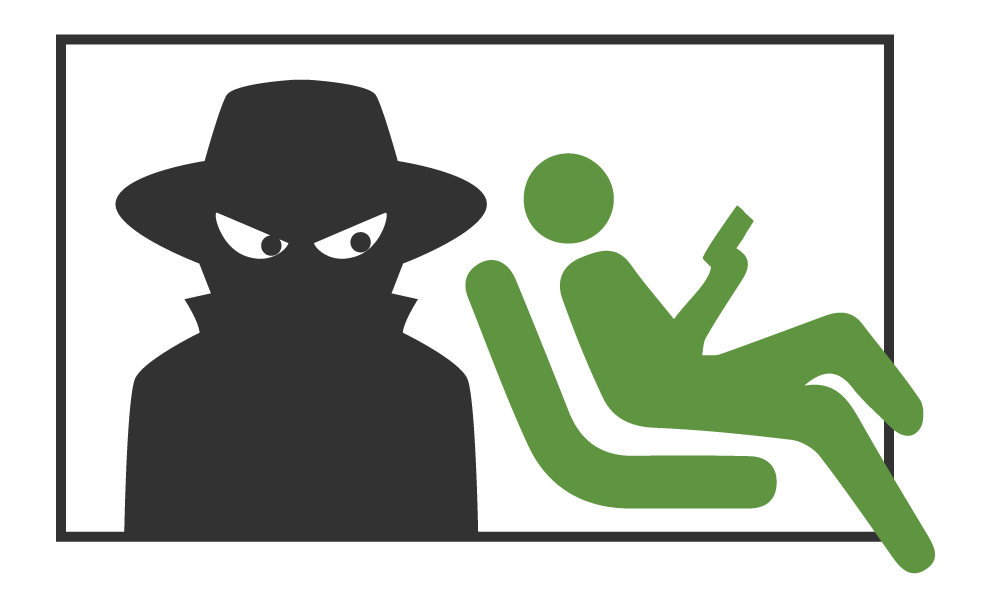
Remember, back to the wall and back not in front of a window on the ground floor. Sorry to sound so, “cloak and dagger.”
10. Free Wi-Fi isn’t secure
There are plenty of free WiFi networks — yes, even at your favorite coffee shop — that don’t use leading encryption technology.

The reason? It’s expensive to have a secure network. Even though there are good in intentions, they are unwittingly putting their customers in harm’s way.
11. Mobile apps aren’t that secure, either
Since we’ve pretty much gone mobile, we’re spending more and more time using apps.
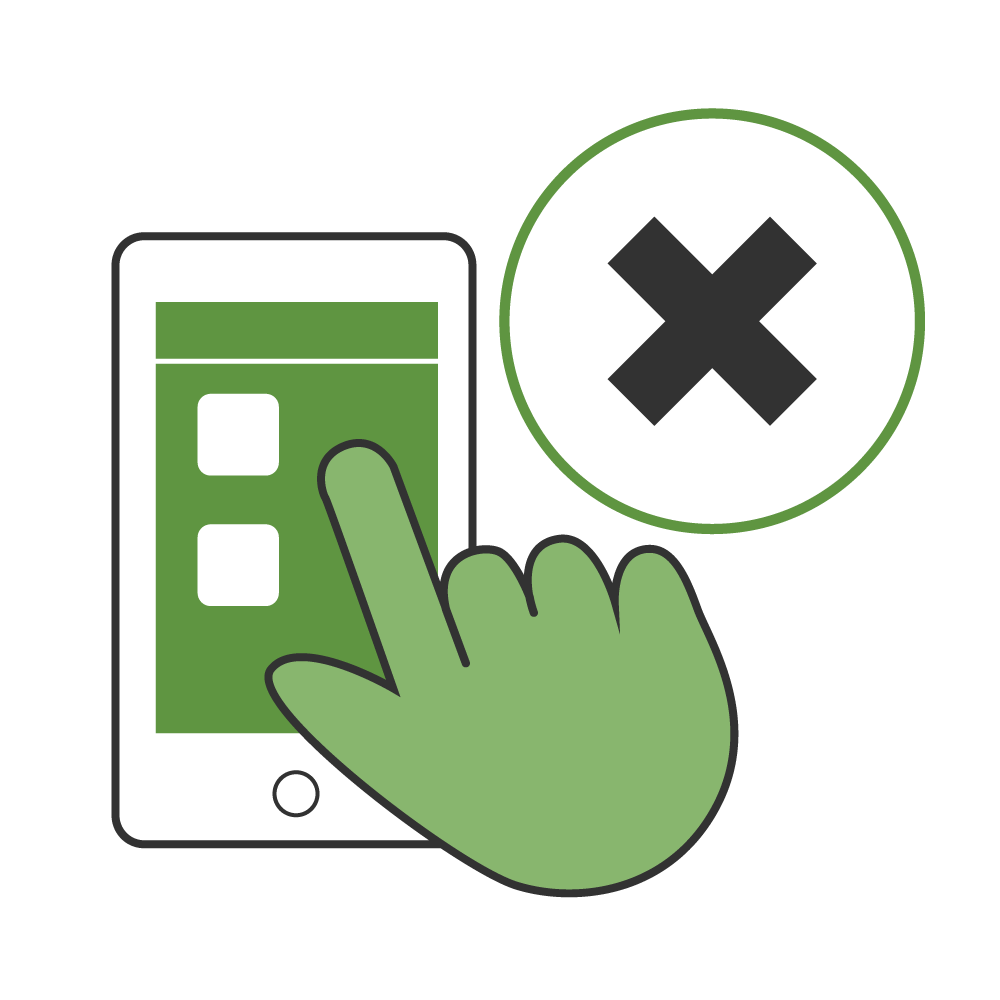
Here’s the problem. Some of us don’t have antivirus software on our mobile devices. And, buggy apps that haven’t been coded properly can be more prone to attacks.
12. Human error
Humans make mistakes. No matter how diligent you are about protecting your data it’s easy to have a slip-up here and there. For example, you may be in a rush to get to a meeting on-time or catch a flight.
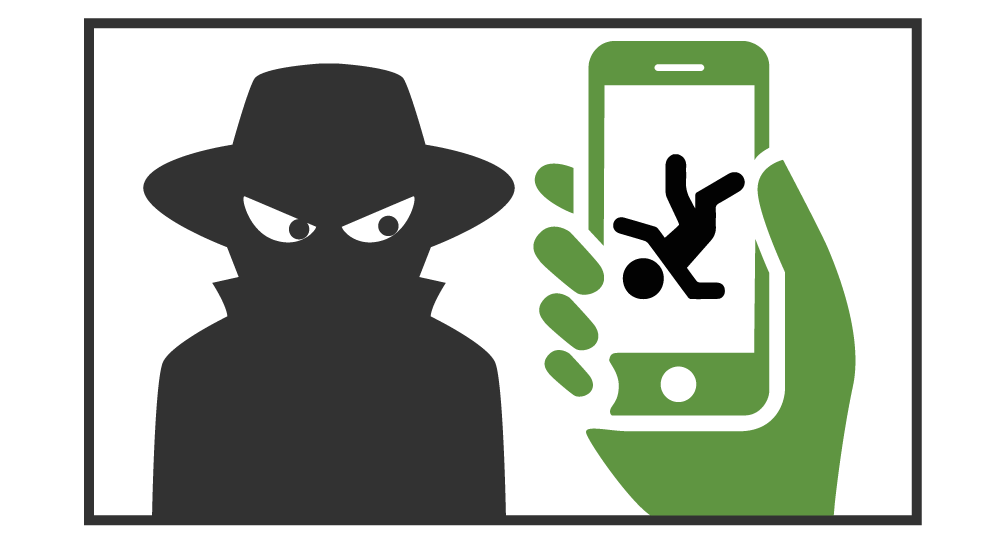
Instead of setting public connections to “Public,” you set a public Wi-Fi hotspot to Home or Work as the network type. Hacker now have access to documents and files on your device.
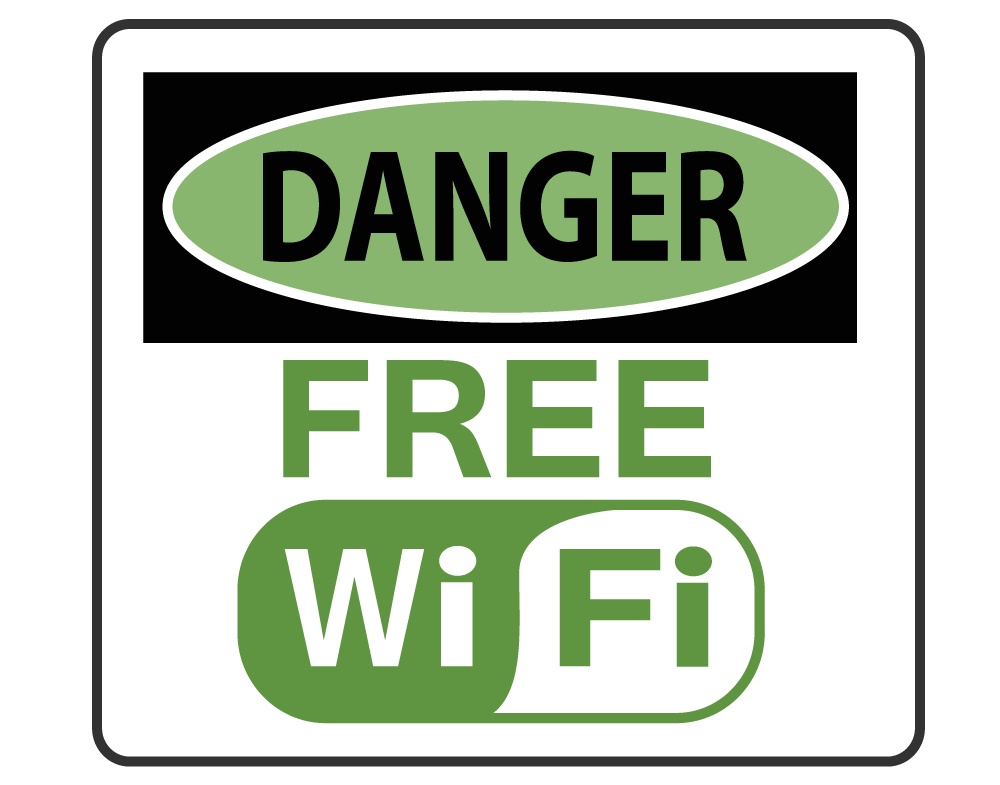
How to keep yourself protected
What if you’re in a situation when you do have to use public Wi-Fi? Here are a couple of precautions that you can take.
- Use a VPN (virtual private network). If not available, look for SSL connections.
- Keep your antivirus programs up to date and running.
- Keep Wi-Fi off when it’s not being used.
- Ask for the network name from the business in order to avoid scam networks.
- Turn off sharing.
- Be aware of the sites you visit. Avoid logging into banking sites or social networks when on a public network.
- Don’t click on links from within an email or website you don’t trust, or from a site you don’t know.
- Be aware of your surroundings. Don’t login into a site if there are too many people around.
- Be aware that hackers will keep getting smarter and more skilled, so stay up-to-date on cybersecurity and the new ways that will be developed in order to keep you and your systems safe.


